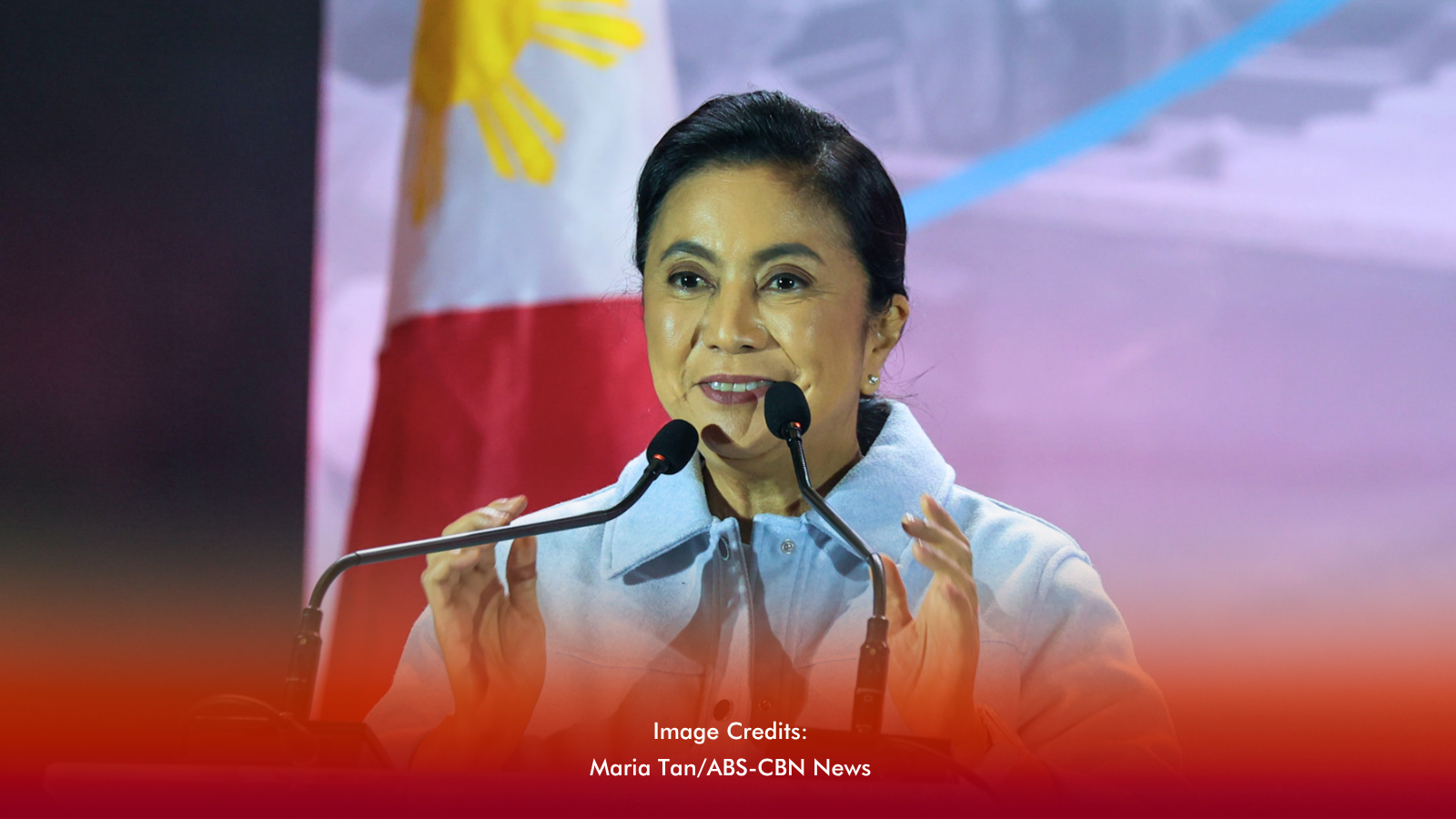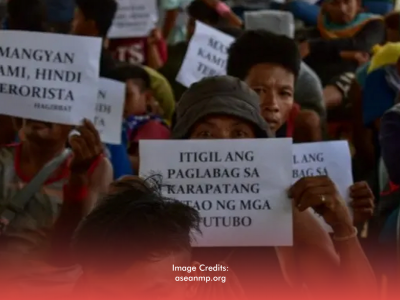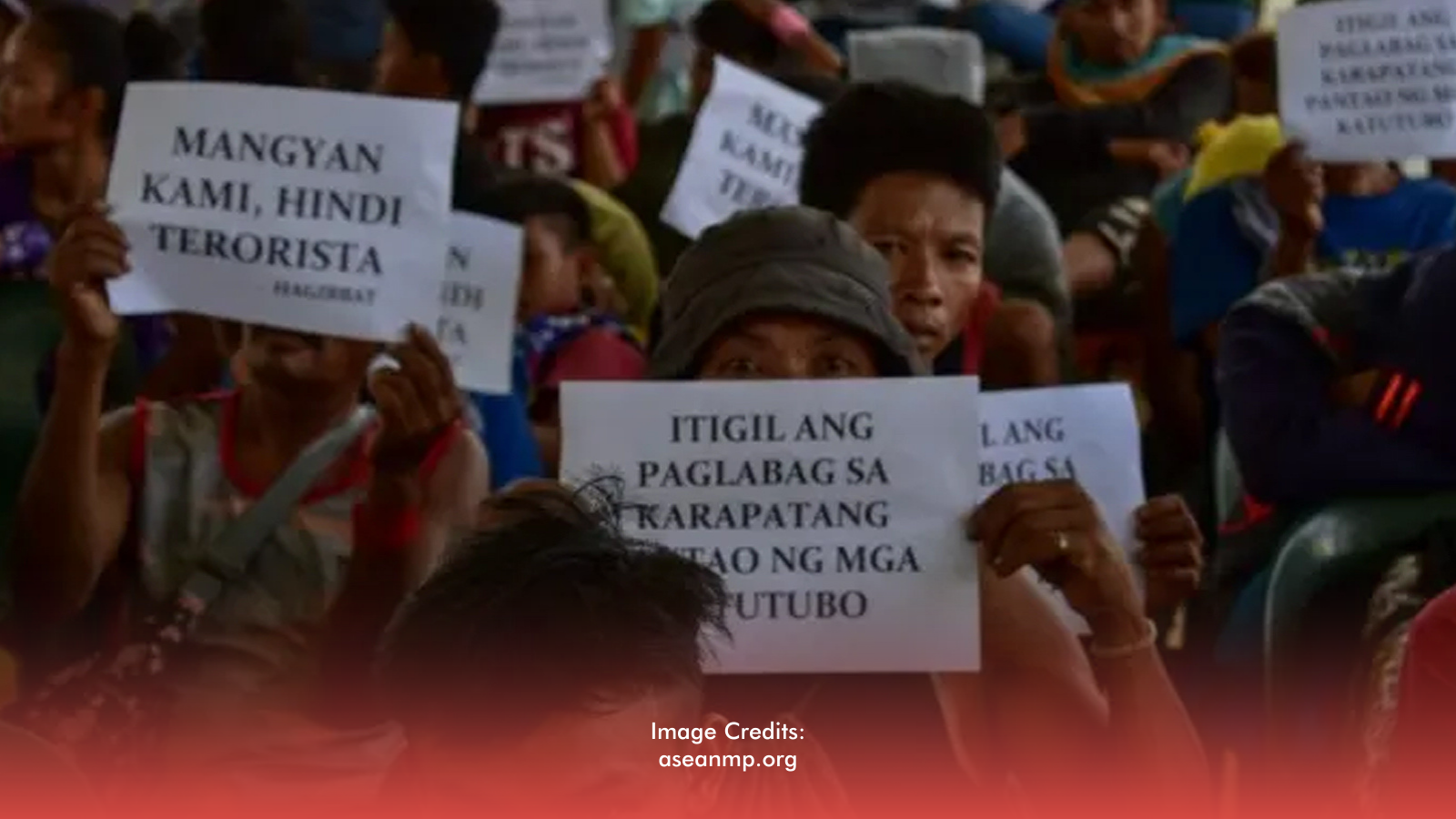Nearly two weeks after assuming office on June 30, Naga City Mayor Leni Robredo is receiving national attention for launching a sweeping anti-corruption campaign. Within hours of her oath?taking, she signed Executive Order No.?001, establishing a zero?tolerance policy against graft and misconduct across all city government departments.
The order explicitly targets bribery, kickbacks, ghost employees, falsified attendance records, misuse of government vehicles, and conflicts of interest stemming from outside employment.
“No Corruption Under My Term”
In her inaugural address at Plaza Quezon, Robredo declared, “There will be no corruption under my term,” a promise that resonated through applause from the audience. This speech marked her return to elective office after serving as vice president from 2016 to 2022.
On her first day in office, Robredo condemned confidential funds—budget items often criticized for being non-transparent—and pledged to eliminate them entirely. She stated, “Primarily, we will remove confidential funds from our budget. So expect this to be gone. This sacrifice will be used to ensure that the local government will be efficient, and that it will only reward the employees who are genuinely dedicated in doing their job.”
The executive order expands the powers of the city’s Internal Audit Service to ensure compliance, mandate transparent procurement, and conduct performance reviews. It also establishes protocols for anonymous reporting and whistleblower protection. Robredo said, “We will purge corruption here in Naga. There will be no inflated prices, SOP, kickback or acceptance of gifts in exchange of favors.”
Naga’s Reformist Identity Revitalized
Following its status in the 1990s and early 2000s as a national leader in participatory and accountable governance under the late Jesse Robredo, the city’s reformist momentum had waned in recent years. Robredo has now reasserted that agenda, insisting the city must remain vigilant to preserve its legacy—even if that means challenging entrenched practices.
While the reforms have been met with praise from transparency advocates and civil society groups, they are also expected to face resistance from within the bureaucracy. Departments long accustomed to discretionary funding and informal systems will now have to adjust to stricter oversight and public-facing audit requirements.
Robredo, however, has made it clear that these changes are not optional. Her administration, she says, will prioritize long-term trust over short-term convenience. The early days of her term suggest that political will and institutional reform—if paired with close public scrutiny—can still be possible at the local level.
Whether other cities follow suit remains to be seen. But in Naga, the message is already clear: corruption will not be tolerated, and good governance is not a slogan—it’s a system that must be built, protected, and enforced every single day.








